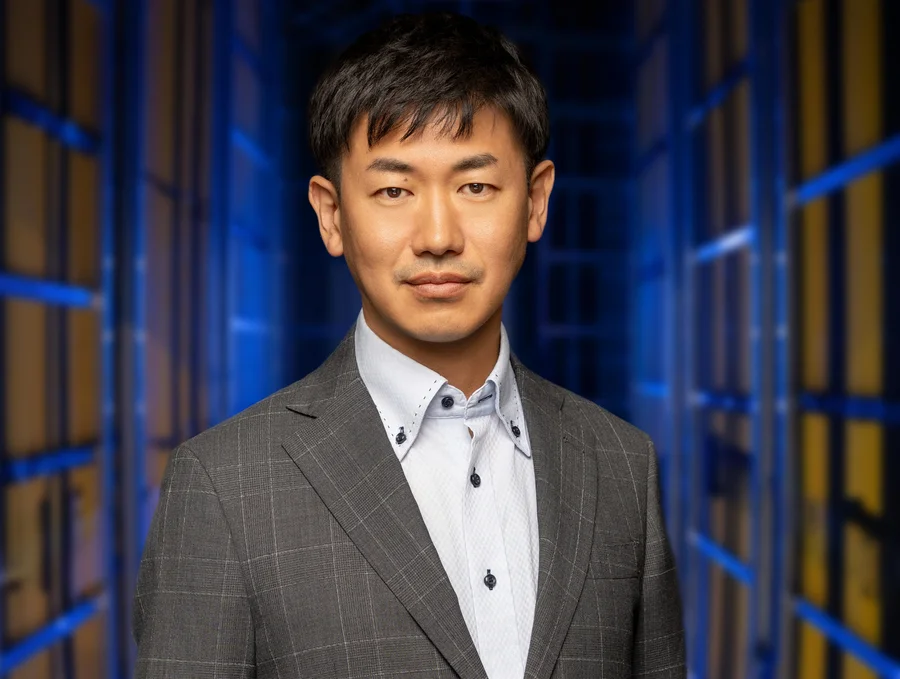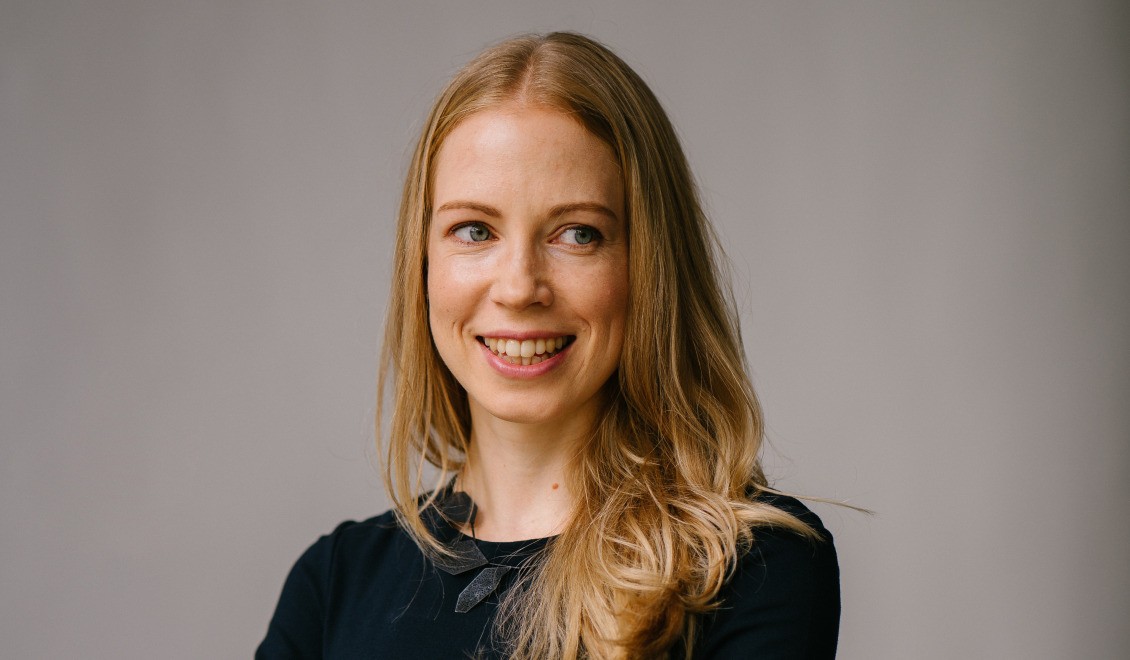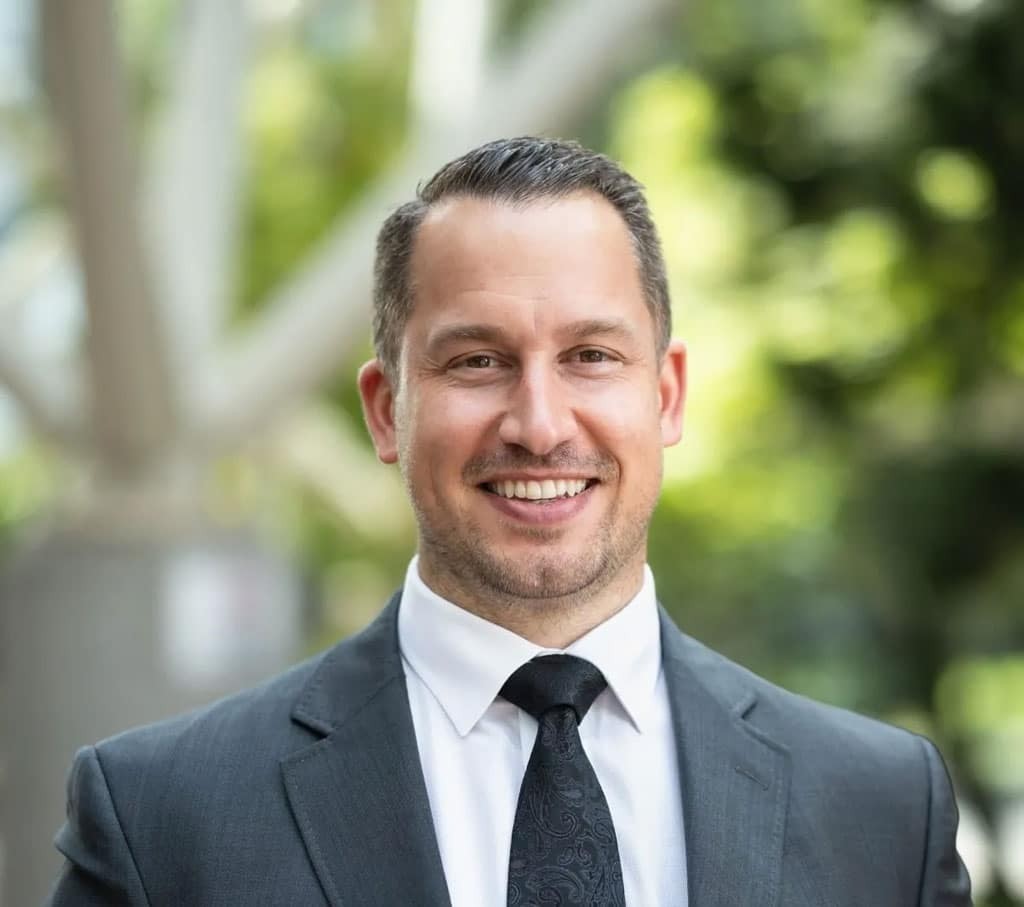When Michelle Aquilina stepped into the CEO role at MoleMap Australia and New Zealand, she didn’t just inherit a company in financial trouble. She inherited an identity problem. MoleMap sat in an awkward space between technology, healthcare and retail, without a clear direction or a unified purpose.
What she did find was something extraordinary hidden in plain sight. Buried in old development archives was a proprietary AI model that promised to elevate early skin cancer detection but had never actually been deployed.
Aquilina instantly recognized its potential. In her words, it was the golden nugget MoleMap had been missing, an asset capable of reshaping the future of dermatological screening. All it needed was real leadership, governance and the courage to introduce cutting-edge technology into clinical environments where accuracy is quite literally life-saving.
Today, that once-ignored algorithm powers Kāhu AI, MoleMap’s intelligent diagnostic system, which now achieves around 95 percent accuracy in detecting suspicious skin lesions. It has shifted the company’s trajectory and placed MoleMap at the forefront of AI-driven dermatology.
Still, the transformation wasn’t built on reckless experimentation. Aquilina established a rigorous AI governance framework made up of independent experts, dermatologists, general practitioners, nurses and senior leadership. Their job: continually challenge the system, monitor limitations and ensure the technology complemented clinical judgment instead of overshadowing it.
That process uncovered key constraints. Kāhu AI struggles with tattoos, dense hair and certain high-variation images. For Aquilina, this only confirmed what she emphasizes repeatedly. AI can elevate healthcare, but it will never replace the human element. Clinical nuance, visual complexity and patient context require human expertise.
Market research across Australia and New Zealand revealed another challenge: People were enthusiastic about AI in theory but hesitant to rely on it for medical decisions. The insight shaped MoleMap’s rollout strategy. Rather than branding the technology as a replacement for clinicians, Kāhu AI was positioned as a second set of eyes, reinforcing trust and reducing diagnostic uncertainty.
To accelerate adoption within clinics, Aquilina appointed a dedicated internal champion. This frontline leader visited every MoleMap location, explaining why AI was being integrated, how it supported clinicians and what benefits patients could expect. Nurses were quick to embrace it, recognizing that while AI could interpret imagery, it couldn’t ask critical questions about a lesion’s history or behavioral changes.
Dermatologists, initially hesitant, came around when they saw the data. Accuracy increased. Excision rates dropped. The algorithm became a partner rather than a competitor.
Aquilina didn’t stop at clinical innovation. She brought AI into MoleMap’s commercial operations as well. The company introduced an agentic AI voice assistant named Molly who now engages with more than 1,000 potential corporate clients every day, warming leads far more efficiently than traditional outreach. Human sales experts then step in to close the deals, creating a hybrid model that blends automation with relationship-driven selling.
With clear results across diagnostics and operations, Aquilina’s stance on leadership in the AI era is decisive. Leaders who fail to embrace digital transformation risk being left behind. Those who act early unlock competitive advantages that compound over time.
As she continues to scale MoleMap’s impact across Australia and New Zealand, her work stands as a case study in bold decision-making, thoughtful governance and strategically managed innovation.




